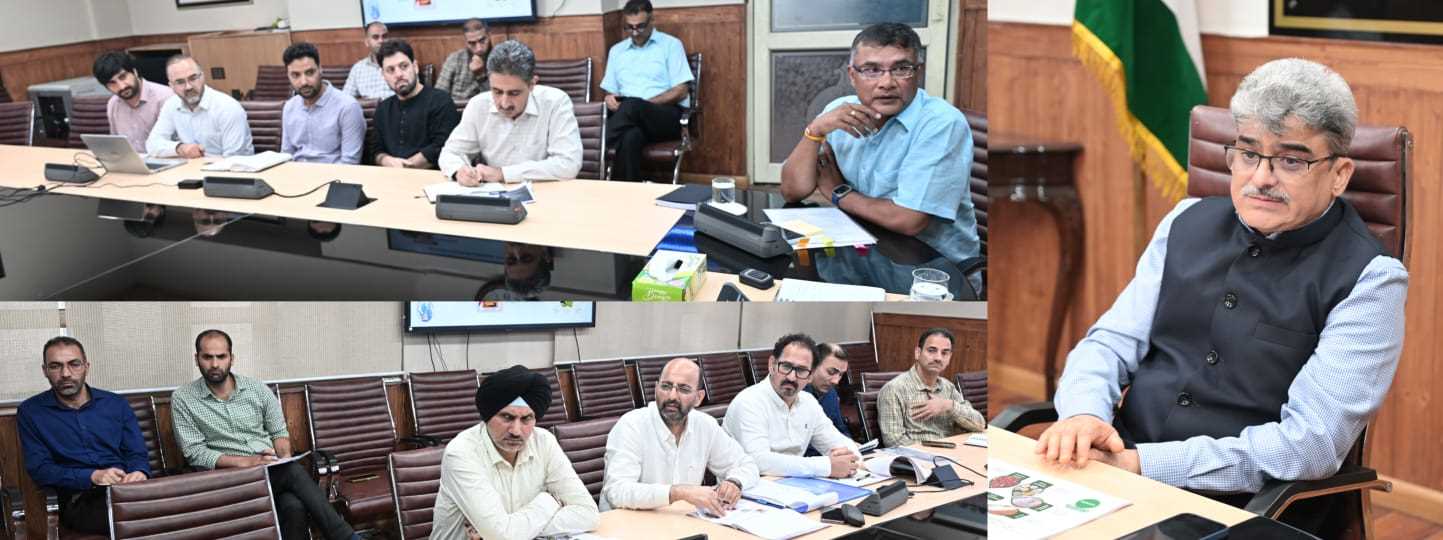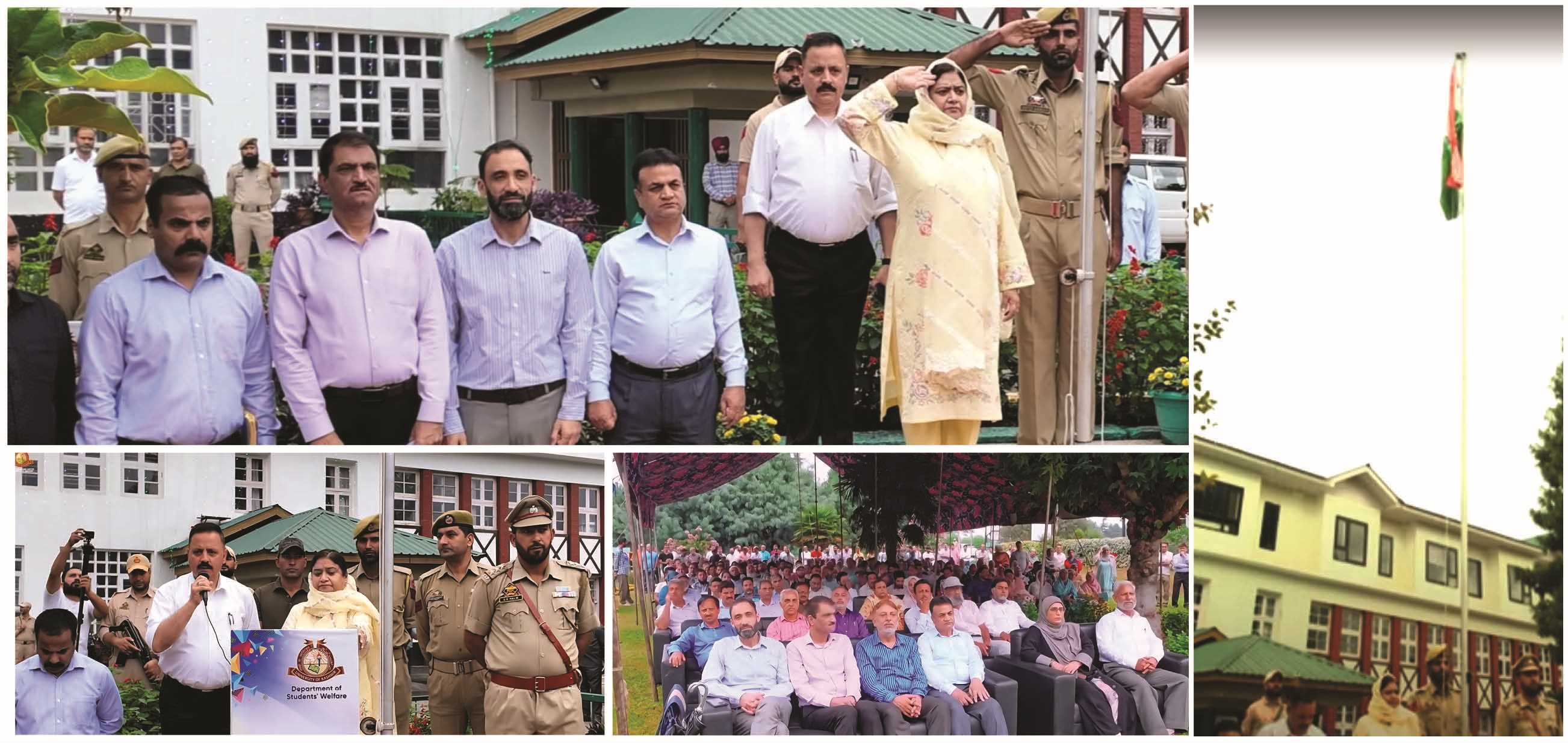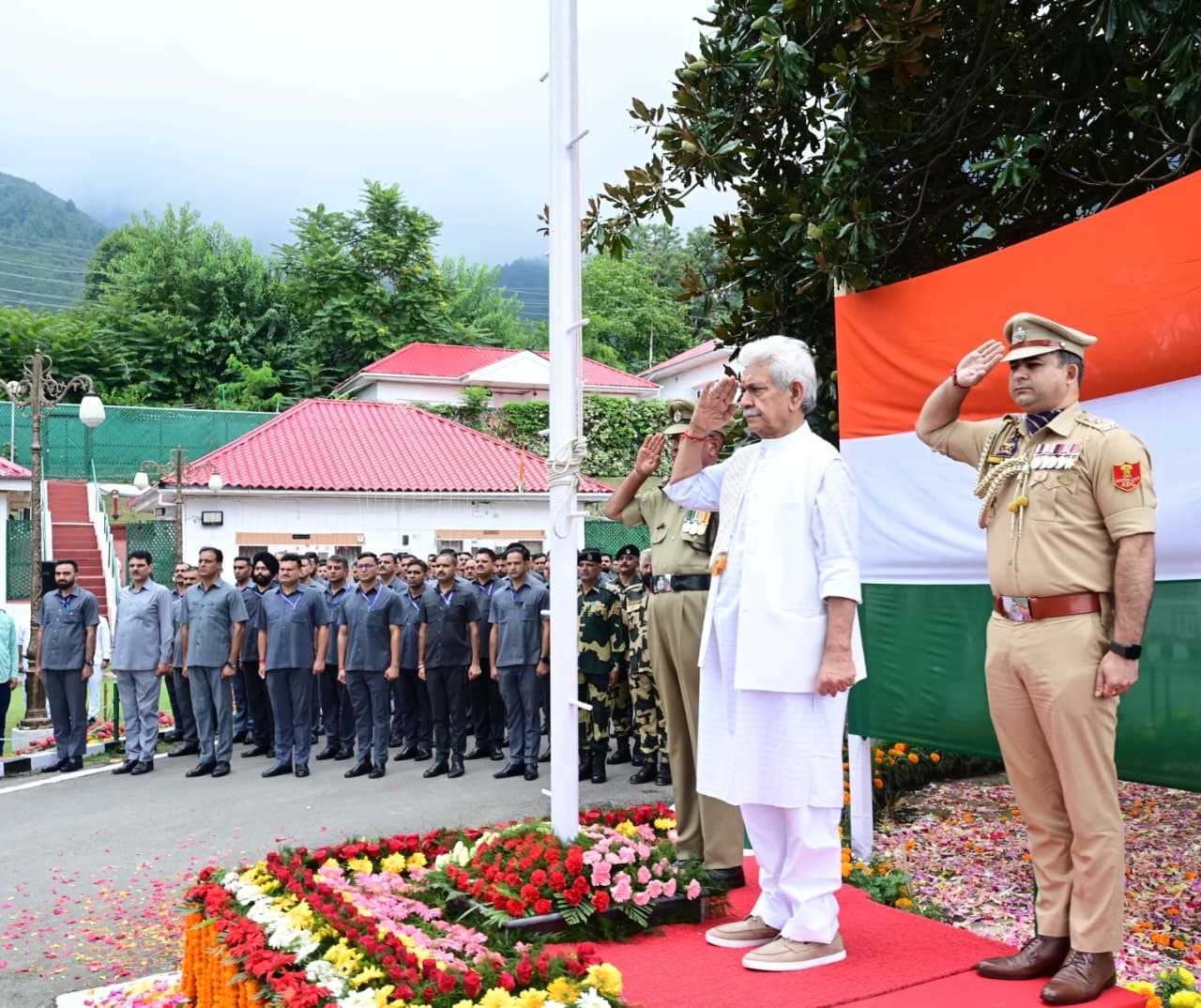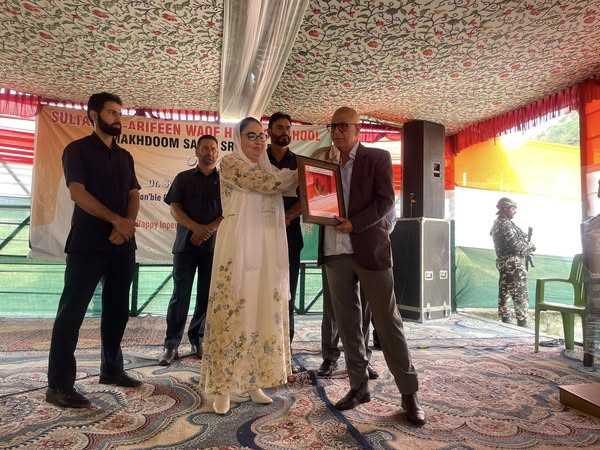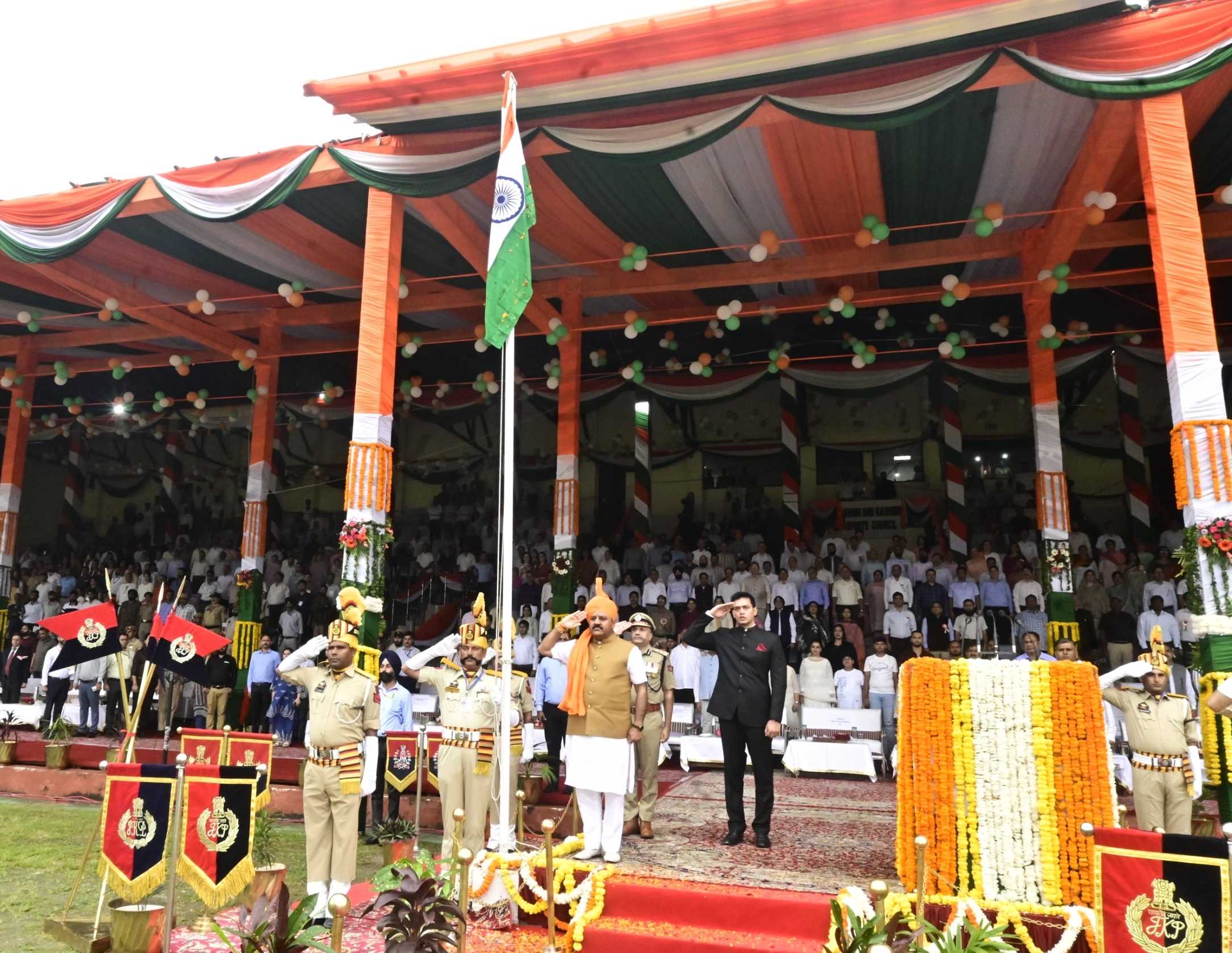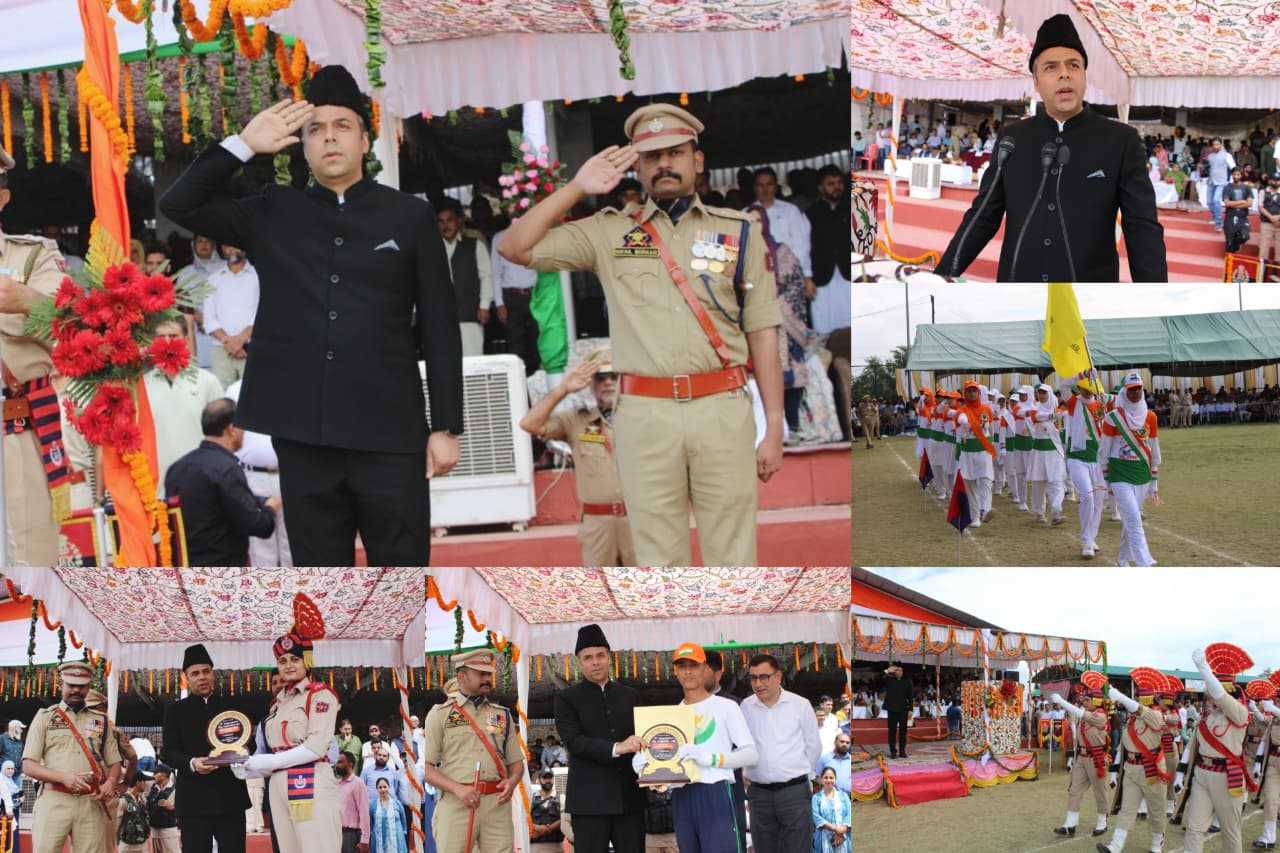In a significant push towards safeguarding J&K’s unique cultural heritage and enhancing the livelihood of its artisans and farmers, Chief Secretary, Atal Dulloo today directed the Industries & Commerce Department to formulate targeted plans for fully leveraging the advantages of the UT’s Geographical Indication (GI) tagged products.
Chairing a meeting convened to chalk out a strategy for unlocking the economic and cultural potential of GI products, the Chief Secretary emphasised the need for robust measures to ensure quality, authenticity, and global recognition of these items.
The meeting was attended by Principal Secretary, Agriculture Production Department (APD); Commissioner Secretary, Industries & Commerce; Secretary, Industries Department; Director, Handloom & Handicrafts, Kashmir/Jammu and other senior officers.
The Chief Secretary underlined the importance of strengthening the traceability features of GI-tagged handicrafts to protect them from counterfeiting.
He directed for augmenting testing facilities across J&K and called for expediting NABL accreditation of the Pashmina Testing and Quality Certification Centre (PTQCC) in Kashmir to enhance its acceptability in international markets.
Highlighting global best practices, Principal Secretary, APD, Shailendra Kumar, suggested developing tamper-proof labels for each product, detailing its unique features, place of origin, and creator.
He proposed a quality enforcement mechanism under which substandard products could be returned to sellers with penalties imposed—similar to systems successfully operational in parts of Europe. He also stressed on enhancing visitor awareness about J&K’s crafts through billboards and IEC material on craft villages.
Commissioner Secretary, Industries & Commerce, Vikramjit Singh, informed that the UT has undertaken extensive GI-tagging for its traditional crafts to safeguard local craftsmanship, empower artisans, and improve market access for authentic products.
Director, Handicrafts & Handloom, Kashmir, Masarat-ul-Islam, in his presentation, said that GI certification aims to preserve traditional skills while preventing counterfeiting. Every GI-tagged craft now carries a QR code label with key details such as manufacturer, artisan, and material specifications, ensuring transparency and quality assurance, he added.
The meeting was further informed that the IICT Srinagar laboratory is NABL certified, while PTQCC has been upgraded with an Optical Fibre Diameter Analyzer (OFDA), significantly boosting testing capacity and reducing waiting times. A proposal is also underway for establishing a new Quality Control Lab dedicated to eight newly registered GI crafts.
It was further revealed that the Indian Institute of Carpet Technology has trained over 11,000 artisans, digitized numerous carpet and Kani designs, and established a Common Facility Centre for Yarn Dyeing.
As far as the GI registered products are concerned it was given out that as of March 2025, 15 crafts from Kashmir Division have been registered with GI tags, including Sozni, Carpet, Pashmina Shawl, Kani Shawl, Papier Machie, Walnut Wood Carving, Khatamband, Crewel, Shikara, Namda, Tweed, Wagguv, Gabba, Chain Stitch, and Willow Bat. From Jammu Division, Basohli Pashmina, RajouriChikri Wood, and Basohli Painting have secured GI status.
In agriculture, seven products namely Kashmir Saffron, Basmati Rice, Mushk Budji Rice, Bhaderwah Rajmash, Ramban Sulai Honey, Udhampur Kaladi, and Ramban Anardanahave obtained GI tags, while others such as Kashmir Ambri Apple, Kashmiri Haak, and Kashmiri Long Chilli are in the pipeline with others like Kashmiri Pheran and Kangri to be taken up soon for their registration.
This comprehensive initiative reflects Jammu and Kashmir’s commitment to preserving its centuries-old traditions, enhancing product credibility, and creating sustainable livelihood opportunities for its people.
